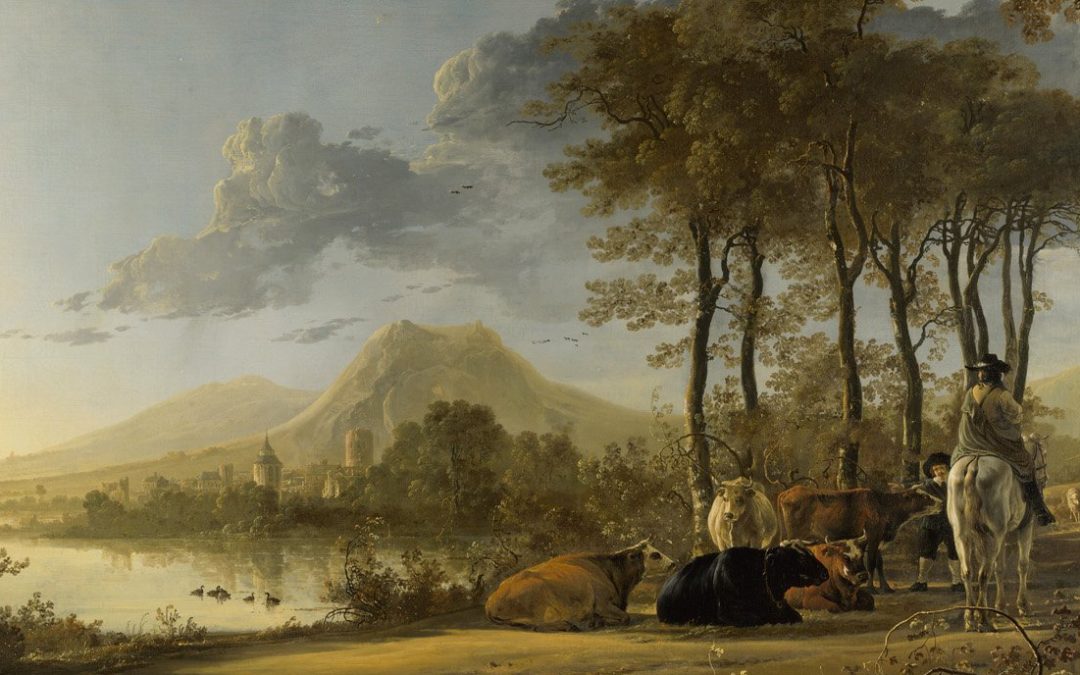Credulitas and The Way back to the Real August 13, 2025 Written by: Devin O'Donnell Originally published in ClassisFall 2024, Volume XXXII Issue 2Originally Published In ClassisVolume XXXII, Issue 1 On any given day of the school year, one...


Credulitas and The Way back to the Real August 13, 2025 Written by: Devin O'Donnell Originally published in ClassisFall 2024, Volume XXXII Issue 2Originally Published In ClassisVolume XXXII, Issue 1 On any given day of the school year, one...

Originally published in Classis,Volume XXXI, No. 2 The use of Fashions in thought is to distract the attention of men from their real dangers. We direct the fashionable outcry of each generation against those vices of which it is least in danger...